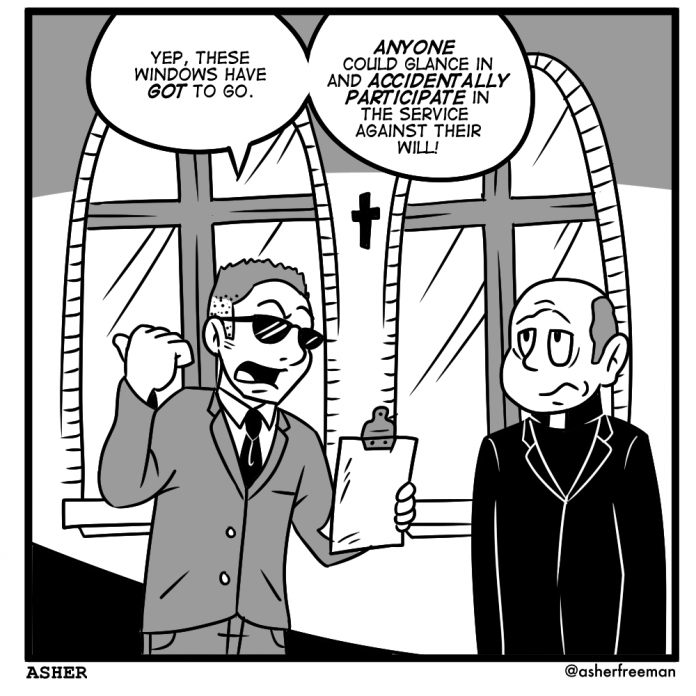Last week, another blatant violation of religious freedom was on display in the national news. Joe Kennedy, assistant high school football coach at Bremerton High School in Washington, was suspended from his job for peacefully praying at midfield after football games.
Kennedy had done the same religious act after every game for seven years. He would not ask anyone to join him, nor would he refuse if anyone did join him. After finding out about Kennedy’s post-game act, some students chose to join Kennedy in prayer.
Even the school district admitted it had no knowledge of Kennedy’s ritual, despite its seven-year lifespan, until an employee of another district brought it to their attention. Evidently, Kennedy praying at mid-field was not against popular opinion, and, at the very least, was not substantial enough to be an issue for the school.
Although he is an employee of the school district, Kennedy was exercising his faith on behalf of his own conviction and not the school’s. His midfield prayers would only happen after the games when the vast majority of players and fans had already left the premises. The only participation in Kennedy’s prayers was voluntary. Kennedy’s midfield prayers were both peaceful and, for the most part, private.
This suspension is the result of two anti-Christian legal doctrines developed by the our federal courts.
The first one is a perversion of the Establishment Clause, which was originally intended to prevent our country from turning into a European-style national church. Unfortunately, we’ve now become a country with an ever-growing oppression toward religious expressions.
The Establishment Clause has been the main tool used in the process of removing things like the Ten Commandments monuments (despite its obvious and undeniable contribution to American law) and war-memorial crosses from the public eye.
The second one is an interpretation of standing laws, which allows citizens to sue public entities (including school districts) on the grounds of being “offended observers.”
Again, it is not only Kennedy’s constitutional right to pray after the game, but it is certainly the government’s job to protect Kennedy’s right and, therefore, not suspend him.
Kennedy was exercising his religious liberty in a peaceful, discreet fashion. If the First Amendment does not protect Kennedy from getting suspended for peacefully praying in his private life, then what is the point of having the First Amendment at all?
Kennedy was not forcing anyone to pray with him, and his religious acts were not even an issue with the people around him in the first place. Simply put, the school violated Kennedy’s right to religious liberty and should be ashamed of this unconstitutional suspension.






